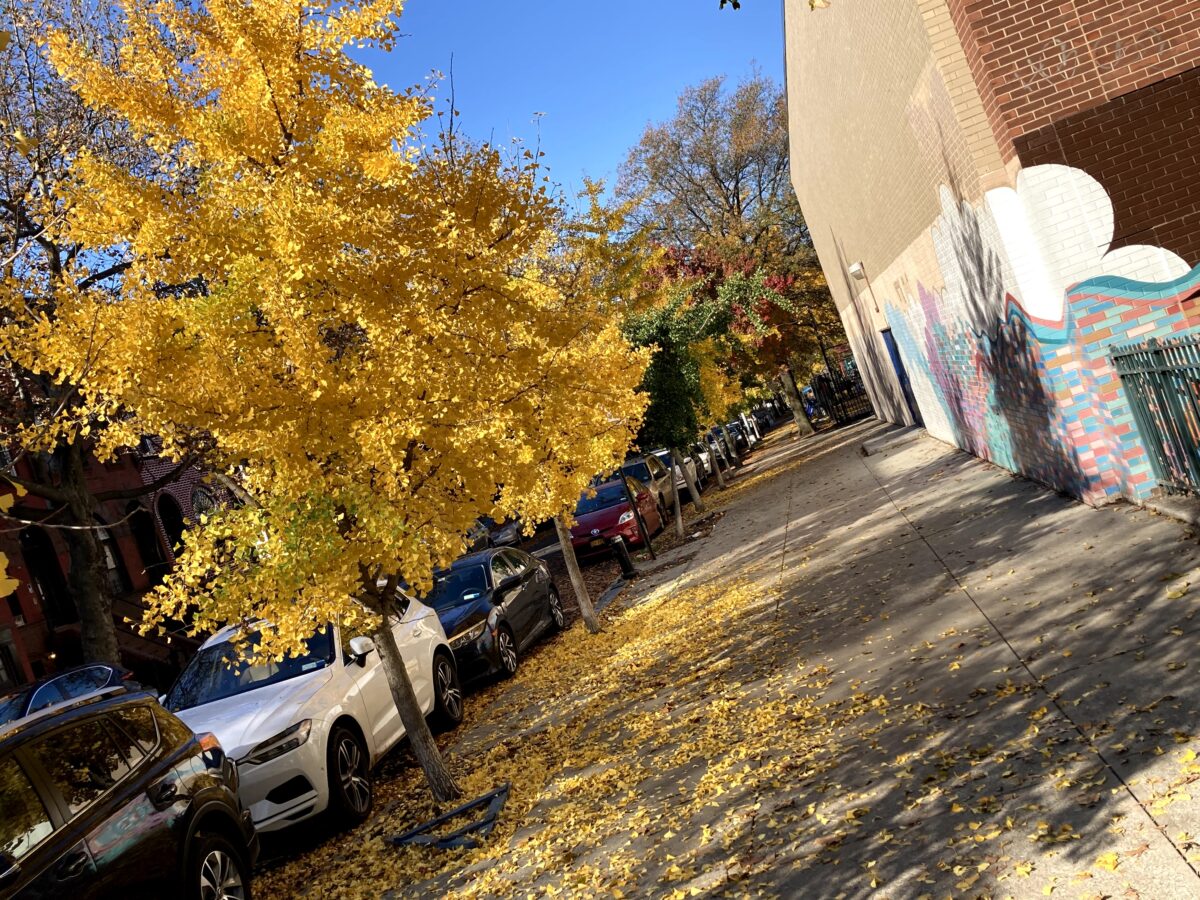February 23, 2022
Freeing up our expressive faculties to focus

Problem solving through the process of elimination has always fascinated me.
I love the fact that you can discover a solution simply by first deciding which options don’t belong and what’s not possible. The act of deleting things is a logical, systematic and less stressful approach than trying to fix every problem head on.
All you have to do is ask the right type of questions.
*What is the least likely cause here?
*Which one of these things is not like the other?
*And what option can we immediately cross off the list?
This type of logic lets you make progress in the face of overwhelming challenges. Even if you can’t definitively identify the correct answer, you can always eliminate a wrong answer. And that’s a start.
Hey, we take our momentum wherever we can get it, right?
Typically, the most common application of this strategy is with test taking. Particularly on multiple choice exams, using the process of elimination is proven to increase your likelihood of a higher score.
But the thing is, most people won’t take another multiple choice test again once they’ve graduated from school. And so, we have to seek out other areas in life where this skill can be used. If only to keep that muscle sharp.
The creative journey comes to mind. For people who spend the vast majority of their time bringing ideas to form, there will always be overwhelming challenges, both in the macro with their careers and in the micro with production itself.
And many of these problems can be combatted through a process of elimination.
Carlin famously evolved from top comedian to legendary philosopher through this logic. In his posthumous memoir, he writes about stripping life down to essentials in his order to liberate authentic creative expression:
When pressure eats up a large percentage of your energy, it’s impossible to pay attention the essential work. But once all that pressure is relieved, that energy is now yours. It allows your art to function free of entanglements.
Considering the comedian wrote and performed fourteen standup shows in his career, it’s clear that the process of elimination really works. George proves that it’s all in how you frame it. Being prolific is as much about what you avoid as it is about what you achieve.
There are so many obstacles that keep us from bringing new life to what might be, so if you want to build momentum, start by immediately eliminating what doesn’t belong.
Learn what you can live without. One question you might write on a sticky note is this:
How can you delete all the choices that are not possible, so that only the good ones are left?
The attention and intention of even asking such a question will help you generate tremendous momentum towards accomplishing the work that’s truly vital.
It will help you clean out as much of the plaque as you can from the creative process, thus freeing up your expressive faculties to focus.
What might you accomplish with all those undirected kilowatts of energy ready to redirect?

